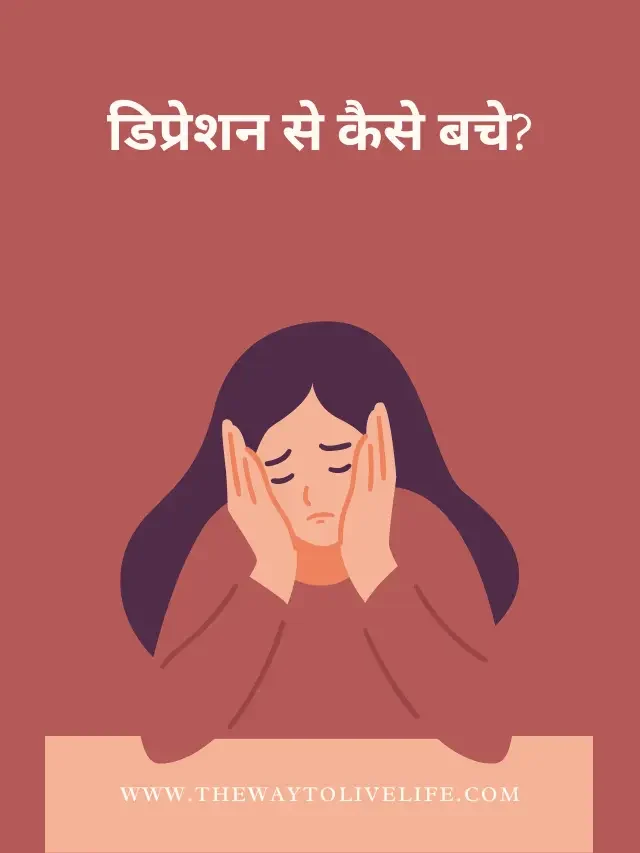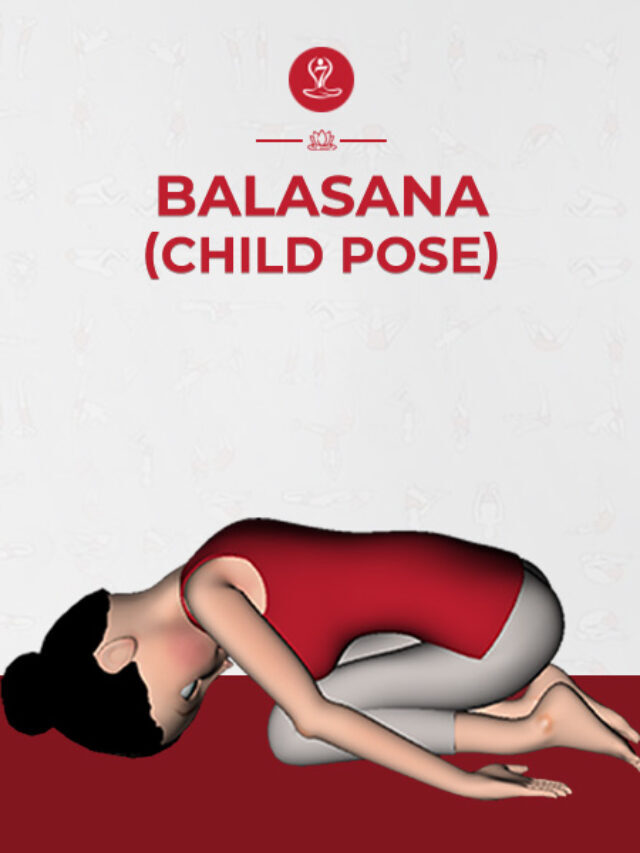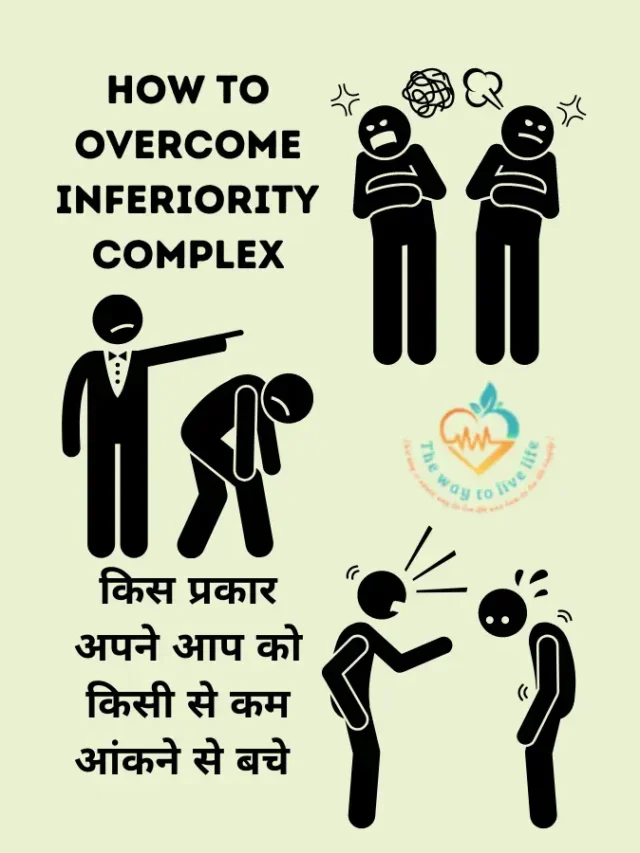Better sleep is essential to ensuring good physical and mental health. It allows your body to recharge and recover, aiding your mental and physical functioning the next day. However, owing to our busy schedules, abnormal lifestyle habits, and overuse of digital media, our night may become sleep deficient. This, in turn, can become the reason for several illnesses, which may include heart-related problems. This may also include chronic disorders such as diabetes, hypertension, and cardiovascular disease. Hence it is very important to follow certain habits to help sleep schedule.
Sleep helps the brain to process information to aid memory, produce hormones, and maintain our psychological and emotional well-being. Our cardiovascular system relies on sleep to regulate blood pressure. Sleep is needed to produce antibodies which are vital for the immune system to work properly.
Read also: How to overcome an inferiority complex?
Symptoms of sleep deficiency
- We know that sleeping well contributes to the proper functioning of the central nervous system, the cardiovascular system, and the immune system. And hence a lack of sleep for a long time can seriously damage our overall health.
- Drowsiness: This indicated that your body is asking you for something that is not getting enough sleep. Daytime drowsiness can be very dangerous, because it may produce sleep during important activities like driving.
- Physical tiredness: The body becomes tired and the level of energy runs down. Also feeling of mental fatigue and lack of energy are symptoms of lack of sleep.
- Difficulty in focusing: Mental tiredness presents itself in the same way as physical tiredness. The ability to pay attention and understand logic decreases. Also, my problem-solving ability also runs down.
- Bad mood and anxiety: When you have a bad mood all time and you feel hungry then you are affected by lack of sleep. Because lack of sleep reduces the production of hormones that manage the sense of hunger.
Read also: What is the difference between care/ concern and worry?
Ways to get a sound Sleep
- Create a restful environment: it is essential for good sleep to create a calm environment. Lighting is the key part of good sleep. So your room should be protected from outdoor light. Try to eliminate excessive noises when going to bed. Put your phone on silent.
- Reduce stimulating activities before sleep: Cut down your activities before one hour to go for sleep. Avoid any activity which stimulates your body. So activities like taking food before sleep should be avoided.
- Gentle Walk: Walking before going to sleep is very beneficial for our sleep. Stick to a gentle walk after dinner stimulates digestion and helps to sleep. But do not for an intense workout at night.
- Relax your mind: It is essential to relax your mind before going to sleep. Meditation and yoga can help your mind to be calm. It helps to avoid unnecessary thoughts coming into your mind and helps to get a sound sleep.
- A few hours prior to going to bed are very crucial for our sleep. Also, it is equally important in the morning also. Health experts suggest one habit we must practice every morning, “Wake up and connect with natural light”. Getting early morning sunlight makes a huge impact on our sleep. We know that sunlight is the best source of vitamin D. And vitamin D plays an important role in taking sound sleep. The rays from the sun improve melatonin in our body which improves our sleep at night.
- There is a direct link between vitamin D and sleep. Vitamin D supplementation is proven to improve insomnia and sleep regulation. Likewise, the lack of adequate vitamin D in the body can cause sleep difficulties, shorter sleep duration, and nocturnal awakenings. It is also responsible for the secretion of melatonin. 15 to 30 minutes of mid-day sun exposure or longer during mornings and evenings almost every day of the week to help get enough vitamin D.










